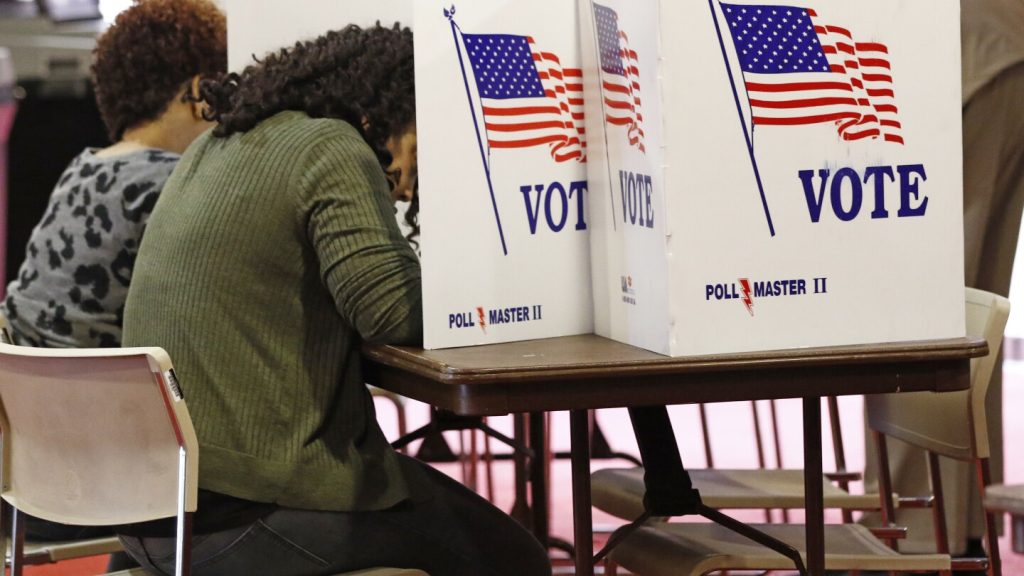On Tuesday, voters in Wisconsin and three Northeastern states will have the opportunity to show their support or opposition to their parties’ presidential nominees in primary elections. In Wisconsin, voters will also decide on two Republican-backed statewide ballot measures that will impact the state’s election processes. Despite multiple names on the ballots in Connecticut, New York, Rhode Island, and Wisconsin, President Joe Biden and former President Donald Trump are the clear favorites with no major challengers, having already secured more delegates than needed for their party nominations.
In Arkansas and Mississippi, voters will return to the polls to decide on legislative seats that were forced into runoffs after primaries held in March. Runoff elections tend to have lower turnout and may slow down the race-calling process, especially in close contests where the outcome could be determined by a small number of votes. The Associated Press does not make projections and will declare a winner only when it’s clear that trailing candidates cannot close the gap.
In all four primary contests for the presidential race, Biden and Trump are expected to win with overwhelming margins, reflecting the overall support they have received in previous contests. The outcomes of the presidential primaries may provide an early indication of the winners based on the statewide results. For the Wisconsin constitutional amendments, the division aligns largely along traditional party lines, with Republicans supporting the measures and Democrats opposing them, making the state’s vote history and demographics crucial factors in determining the race outcomes.
The scheduled primaries on Tuesday include delegates at stake for both Democrats and Republicans, with states like Connecticut, New York, Rhode Island, and Wisconsin holding presidential primaries, while Arkansas and Mississippi have runoffs for legislative seats. Contested races and ballots will shape the outcomes, with the first votes being reported soon after polls close in the respective states. The criteria for who can vote in each primary vary by state, with registered voters with specific party affiliations eligible to participate.
As of Tuesday, there are 104 days until the Republican National Convention in Milwaukee, 139 days until the Democratic National Convention in Chicago, and 217 days until the November general election. Voters in the upcoming primaries play a crucial role in shaping the future of their parties and deciding who will ultimately represent them in the general election. The Associated Press will continue to provide coverage of the 2024 election, tracking developments and outcomes in the ongoing primary contests.


